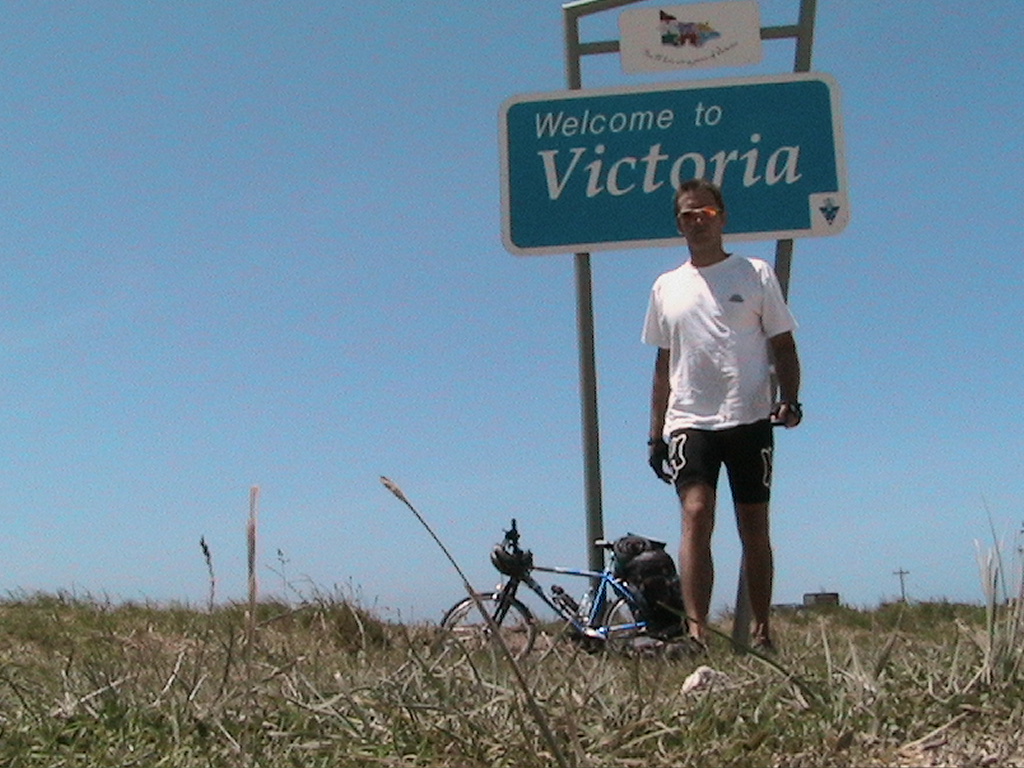Bond University vs. University of Queensland (International) – Master’s in Occupational Therapy
Hello everyone!
I’m a Black U.S. citizen planning to apply for a Master’s in Occupational Therapy (OT) as an international student in the near future.
I’m relying on Federal Loans/FAFSA, which limits my university options in the U.S. to those that qualify for loans, so I’m also saving up over the next few years.
Currently, I’m completing prerequisite courses in Anatomy, Psychology, and Physiology before I apply. I’d love to hear from anyone who has attended either Bond University or the University of Queensland for their Master’s in OT. What was your experience like?
Did you graduate, and do you think it was worth your time and investment? How was your job search after graduation? Are there any current or former international students working in OT across Australia?
Thank you! I look forward to your responses.



Hi there! It’s great to see you exploring options for your Master’s in Occupational Therapy. Both Bond University and the University of Queensland (UQ) have their strengths, but your choice might depend on a few factors that are important to you.
Bond University:
– Program Length: Bond’s OT program is a bit shorter, typically completing in 2 years.
– Class Sizes: Smaller class sizes often mean more personalized attention from professors and potentially more hands-on learning opportunities.
– Community Focus: Bond has a strong emphasis on community engagement and may provide unique practical experiences.
– Job Placement: Graduates from Bond generally report having good job placement rates, especially in the Gold Coast region, which might be beneficial as you start your career.
University of Queensland (UQ):
– Reputation: UQ is one of Australia’s top universities and offers a well-regarded OT program. Being a larger institution, it might provide more networking opportunities with alumni and industry connections.
– Research Opportunities: If you are interested in the research side of OT, UQ has a robust research culture.
– Internship/Placement Options: UQ may offer diverse placements across different healthcare settings, which can be crucial for gaining experience.
Job Market:
Both universities have a good reputation among employers, but it’s also important to consider the job market in specific areas post-graduation. Sydney and Melbourne often have more job opportunities compared to Brisbane or the Gold Coast, but that can also depend on where you’d like to settle after graduation. International students often find opportunities in hospitals, rehabilitation centers, and schools, but networking and internships during your studies will play a big role.
International Students Experience:
Many international students have successfully transitioned into jobs in Australia after graduation, but it often requires some effort in networking, gaining practical experience, and possibly securing the right visa arrangements. Connecting with local OT groups or communities can help you gather insights and opportunities.
Ultimately, consider visiting the campuses if possible, reaching out to current students or alumni from both universities, and reflecting on what kind of environment you thrive in. Each program has its unique appeal, and it’s about finding the right fit for you.
Good luck with your application process, and you’re on a commendable path toward a rewarding profession!